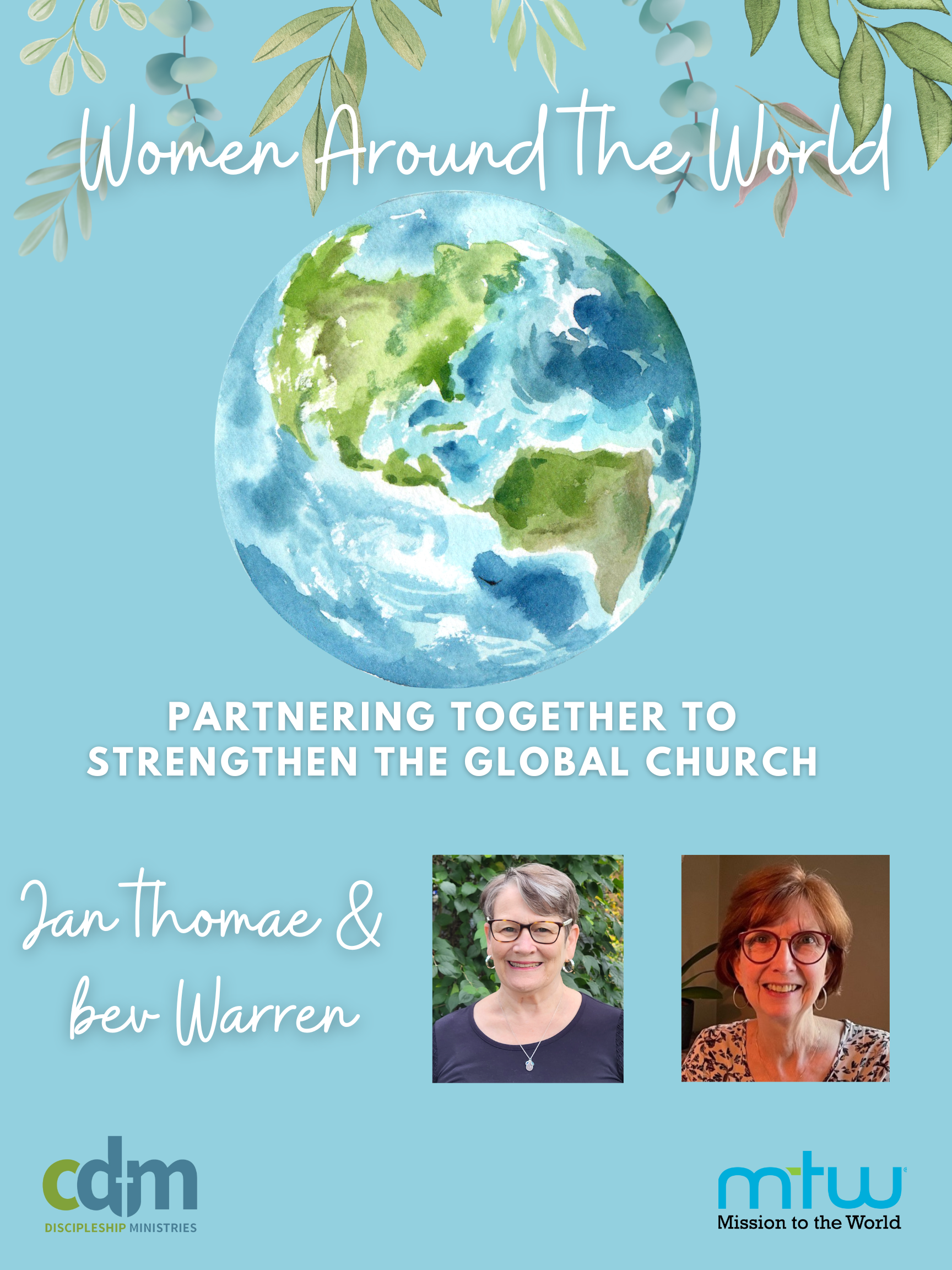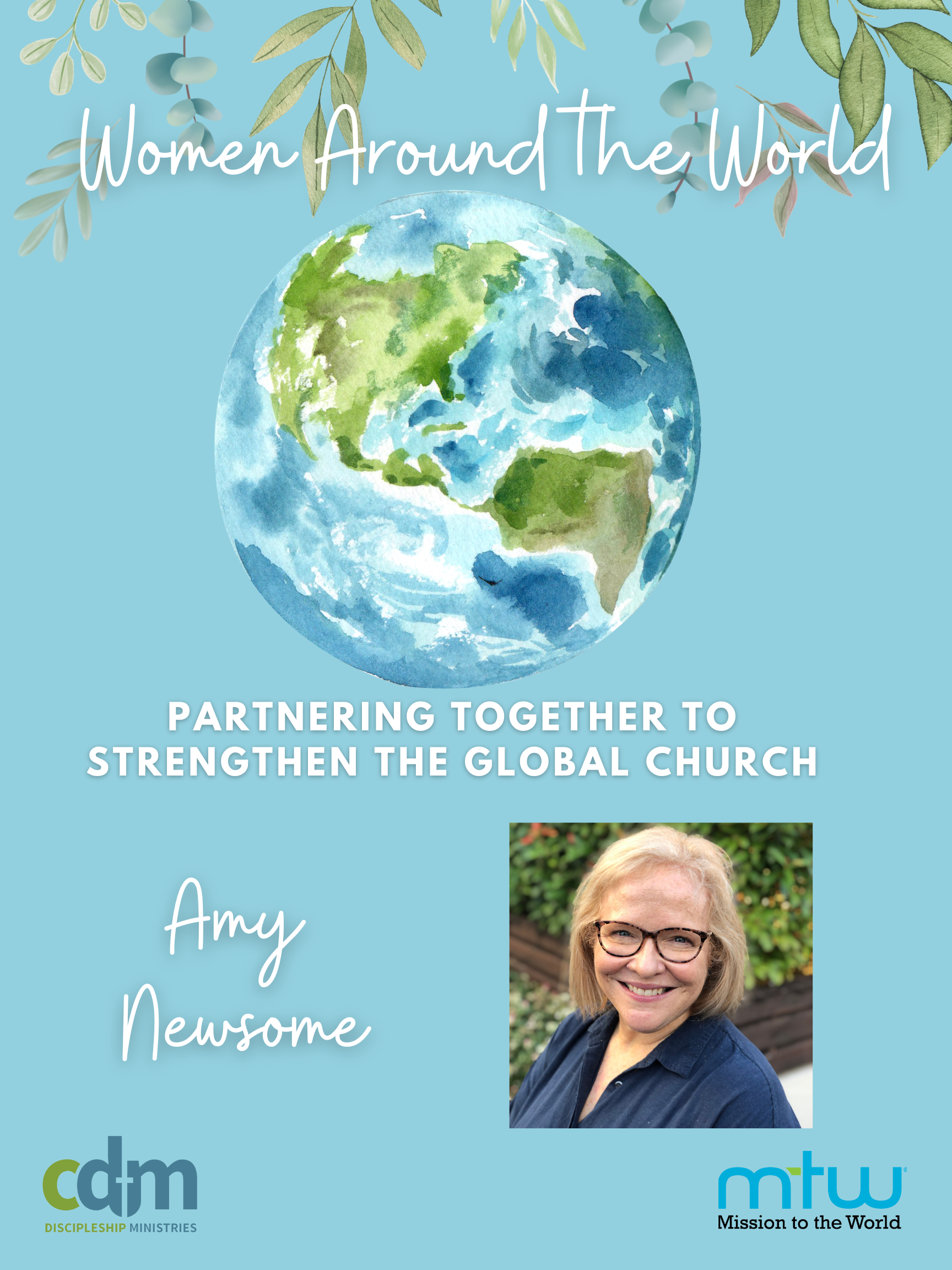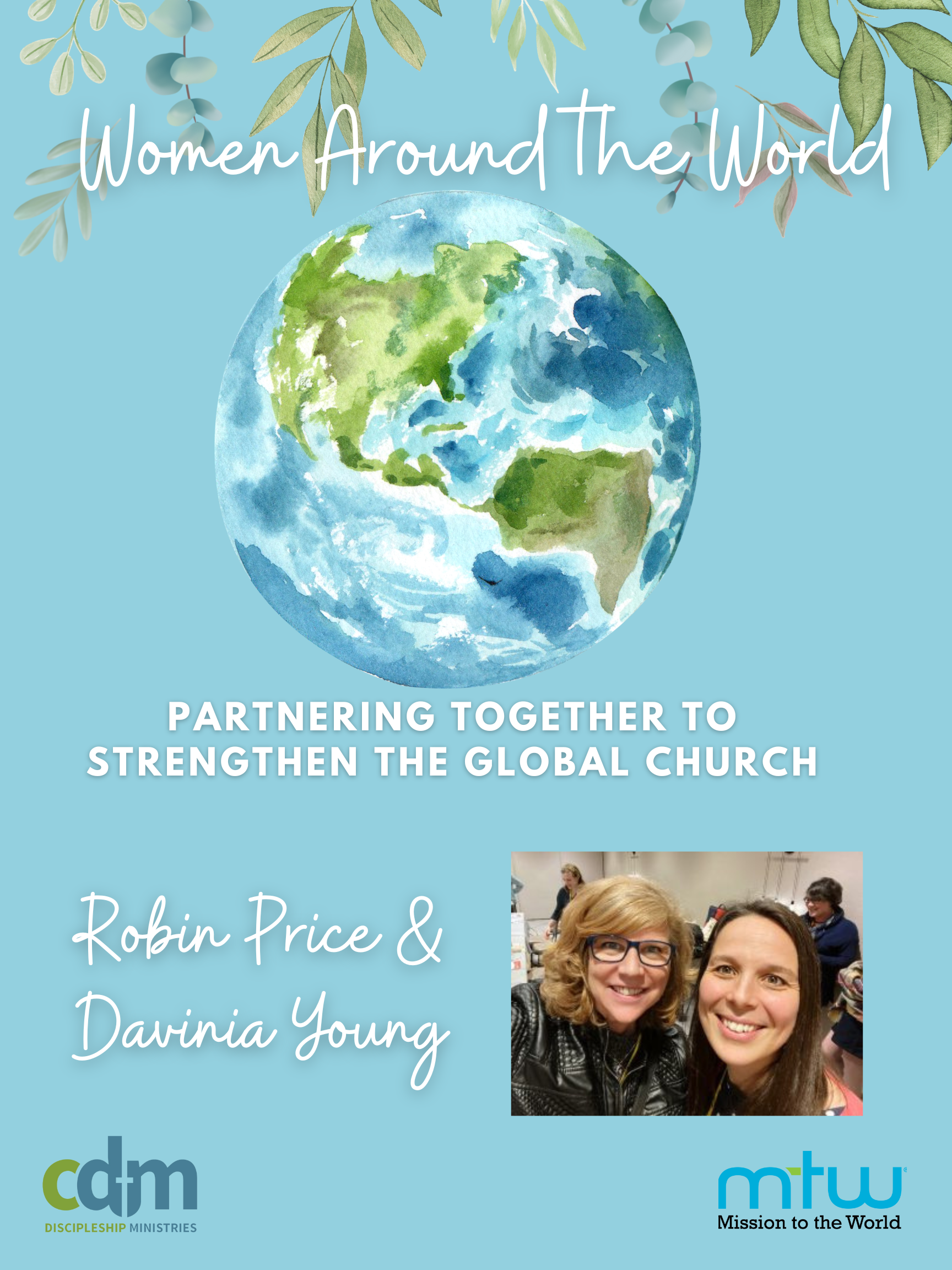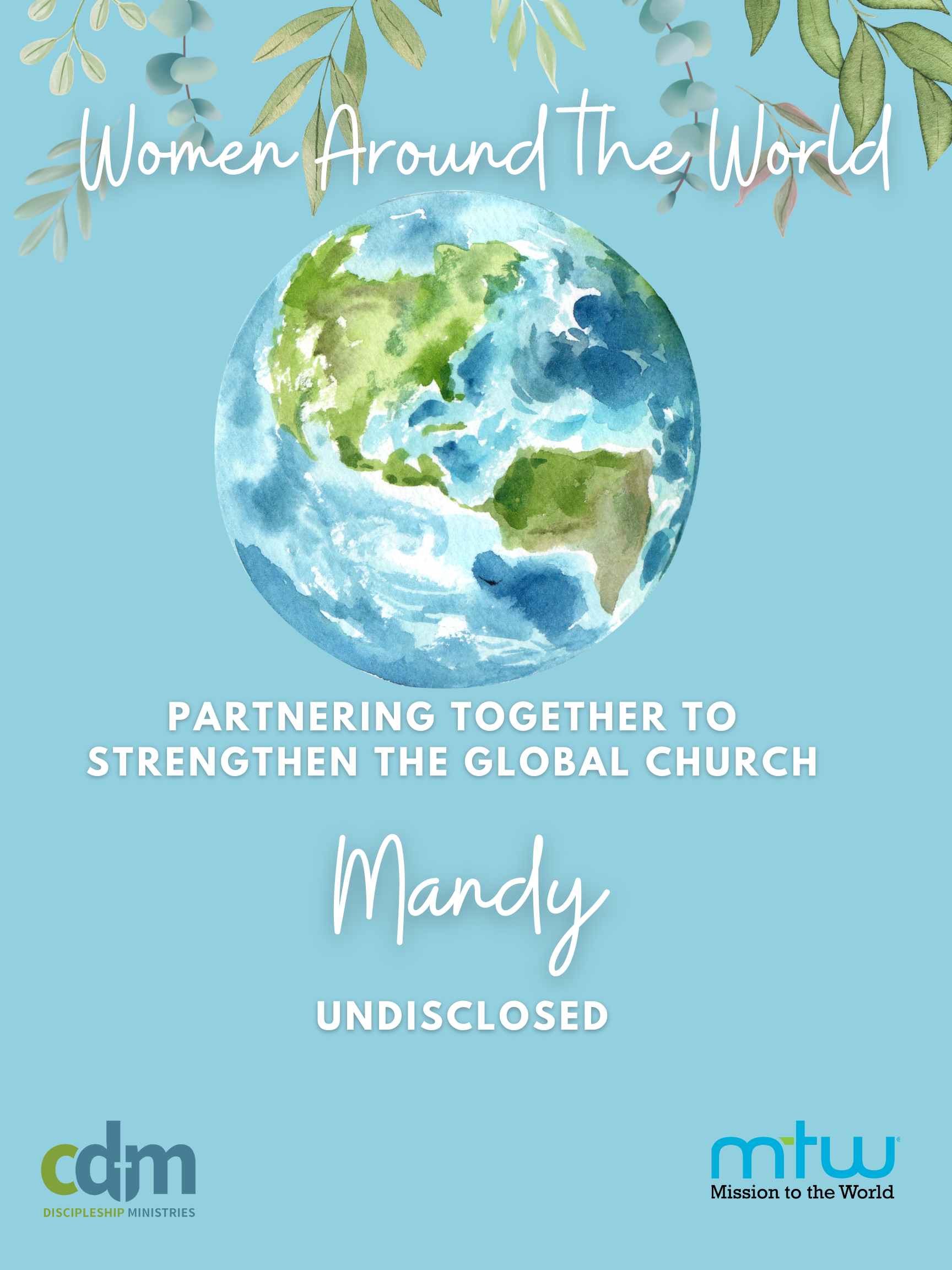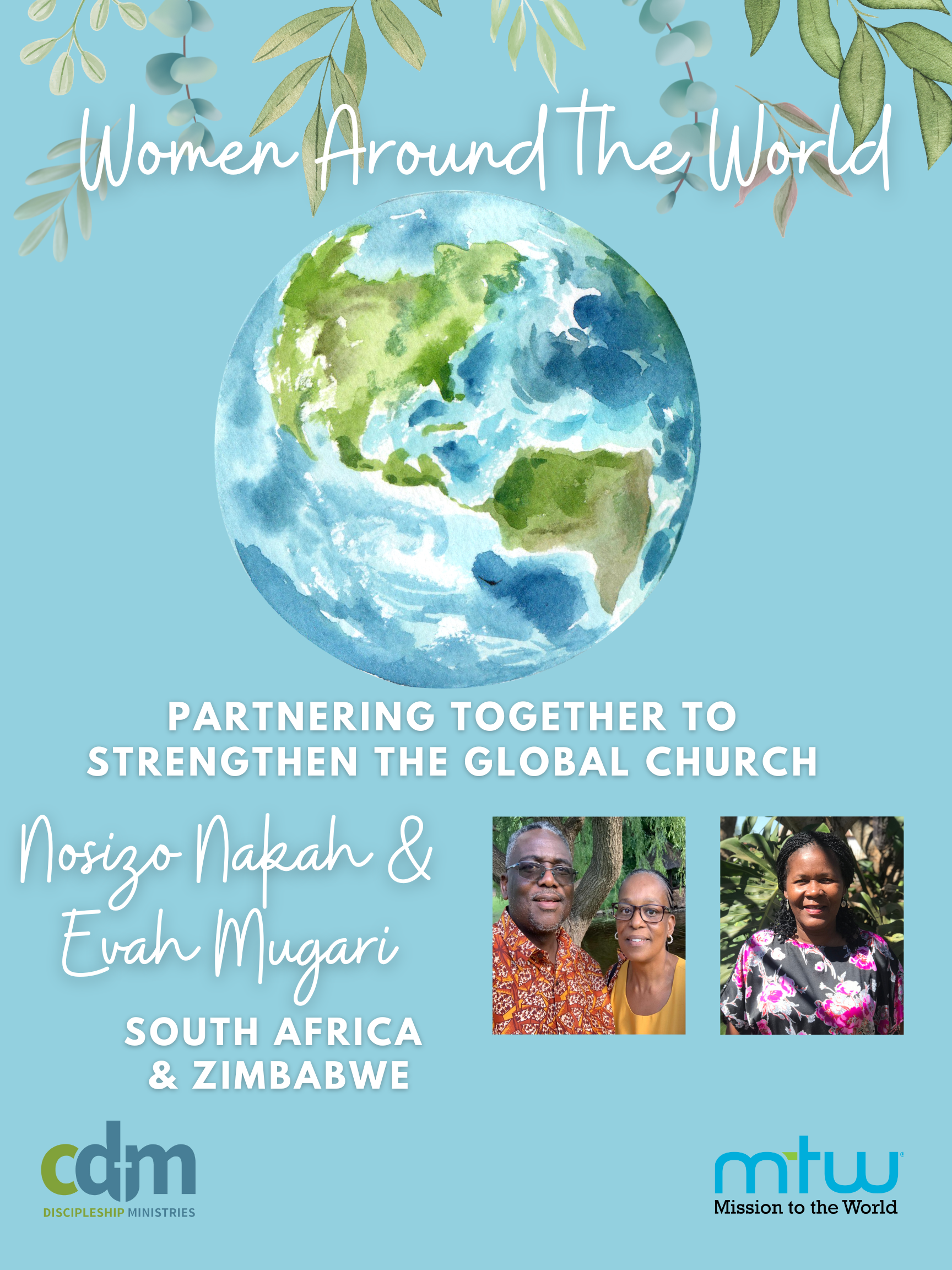The Irreplaceable Encouragement of Intergenerational Relationships
AMANDA DUVALL | GUEST I took a seat at my assigned table for my first Bible study at our new church and was surprised to see a number of gray and white heads dotted among the tables. I wondered, what would it be like to study alongside women who were 20, 30, or more years older than I? Up until this point, my close friendships consisted of almost exclusively people in or near my stage of life. As I’ve aged, I noticed that surrounding myself with people of my own generation is like living with tunnel vision. I could sense I didn’t know what I didn’t know. Of course, I had read Titus 2:3, which instructs older women to teach and train younger women in what is good, and that’s what I wanted! But I had little idea what this might actually look like in my real life. Today, I am privileged to have friendships with women who live out the example of Titus 2 that I’ve longed to see. And it is not their own brilliance or expertise that shines, but the way they lift my eyes from the false hope of self-focus to behold what is truly good—Jesus Christ. Humility at every age Each week, friends with decades of experience following Jesus put on a posture of humility as they engage with our group and with God’s Word, and in doing so have taught me more than any lesson plan could...



